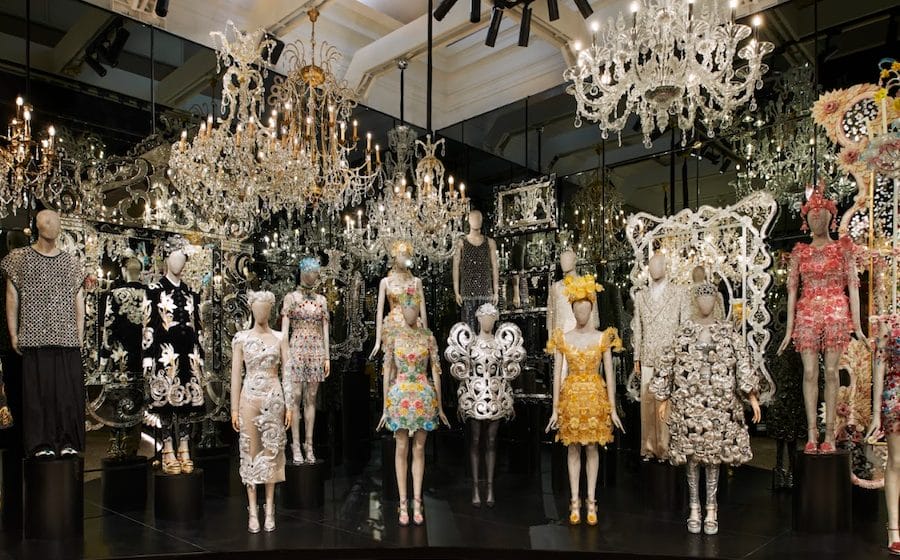
Coworking spaces have mushroomed all over Singapore – hot desks, dedicated desks or working remotely are more common as businesses do away with traditional
office spaces and cubicles. Productivity is no longer measured or achieved in a designated office space as employees work flexi-hours and upload completed work to cloud servers.
The strict lines which once demarcated organisational structures are slowly blurring as more businesses see the mutual benefits of co working spaces
– shared work-spaces encourage interactions, which in turn leverage on each other’s strengths by rewarding collaborations.
Coworking spaces are a result of an evolved working culture that Singaporeans are becoming more receptive to, with Singapore constantly ranking as one of the
most overworked cities. This begets the question – will organisational restructures work well for an ever efficient Singapore? Organisational structures provide an expected idea of how to interact and produce optimal work in a business setting – it can be said to be a formulaic method of achieving maximum efficiency.
Therefore, there is a desire for many global companies to break this barrier and achieve 110 per cent with co working spaces.
–
BE PART OF THE CHANGE
Keeping to a global outlook, the impact of global warming has kick-started a movement in Singapore to reduce carbon footprints. Green is the new black as society attempts to go greener and cleaner.
Leading the movement are plants and going head over heels on plants is (finally) socially acceptable, with fever pitches reaching personal-office-gardens level. Hipster plant boutiques such as Tumbleweed Plants and Love in a Bottle are the go-to for such greeneries over familiar plant nurseries in relatively remote parts of Singapore.
Rooftop gardens, green walls, and trellises are common sights in business districts and housing estates as the local government advocates rooftop gardens and green façades. The once-thought-to-be-harmless single use plastic straws, bags, and bottles have become public enemy No. 1 as images of beaches and ocean wildlife decimated by such items fill the Internet and newspapers.
Packing food in lunch boxes, lugging groceries in recyclable bags, and using metal straws – previously deemed cumbersome – are the new cool as the environmentally-conscious do their part in the fight against wastage and global warming.
–
CHANGE STARTS FROM WITHIN
Some of the most common packed foods are salads, propagated by health and fitness junkies. With the influx of fresh-face health aficionados, investing in health and wellness has become priceless for many. Healthy living – once considered a fad – is the new social norm as new gyms and salad bars pop up all over the island.
From spinning to yoga, bouldering to martial arts, fitness gyms have been proliferating in Singapore for the past three years. Salad bars no longer offer run-of-the-mill romaine and chicken breast option. Instead, gluten-free, vegan, keto and paleo choices have become convenient picks.
It is no longer surprising, but socially acceptable, for individuals to skip lunch for a 45-minute High-Intensity Interval Training (HIIT) session and to spend over a thousand dollars for annual holistic gym memberships.
Once considered a taboo to speak of due to public stigma, society’s perception of mental health and wellness has changed for the better over the past years. More avenues of help are made publicly accessible as the government recognises the importance of mental wellness. Studios offering alternative ways to relieve stress
and pent up emotions are slowly emerging – smashing objects in a rage room, throwing paint in a splat house or floating away in absolute silence in a tub of Epsom salt.
Celebrities such as Kanye West (bipolar disorder) or Dwayne Johnson (depression) openly sharing their struggles with mental health has blazed the path
for individuals to open up about their plight by socialising public the stigma. The stigma that plagues mental health and wellness is slowly dissolving as society understands that it is an essential component of health.
As our society moves forward with technology advancements and healthcare improvements, so do social norms. Norms are constantly challenged and redefined by external factors. More importantly, we should tweak our mindsets and embrace the changes.








